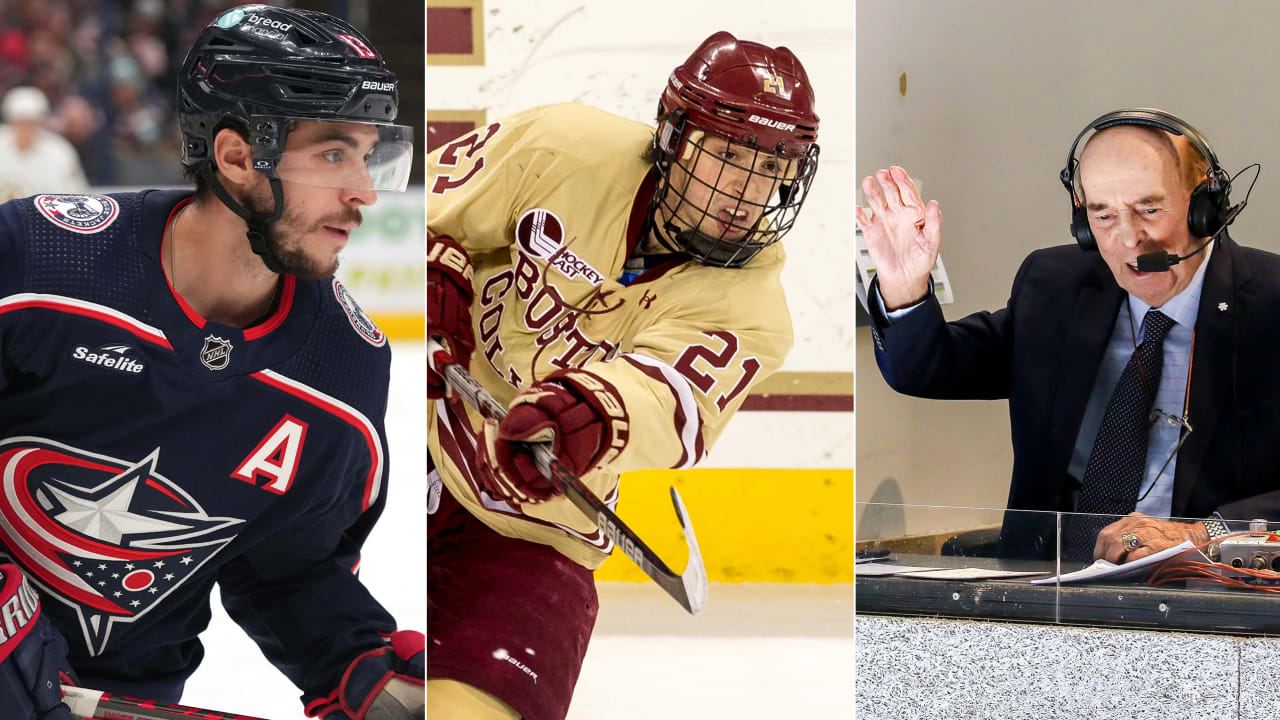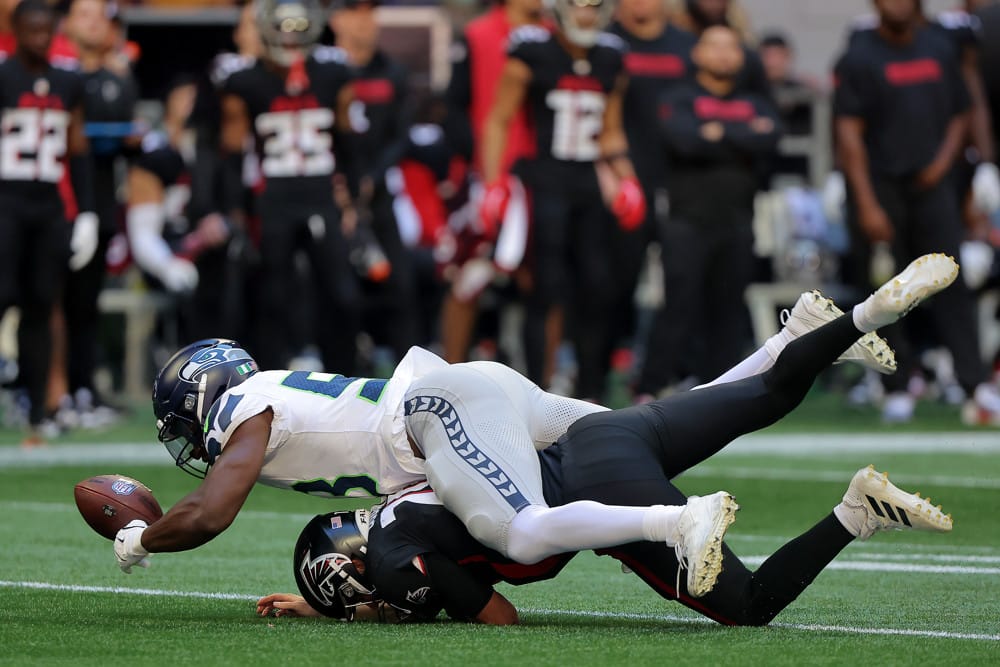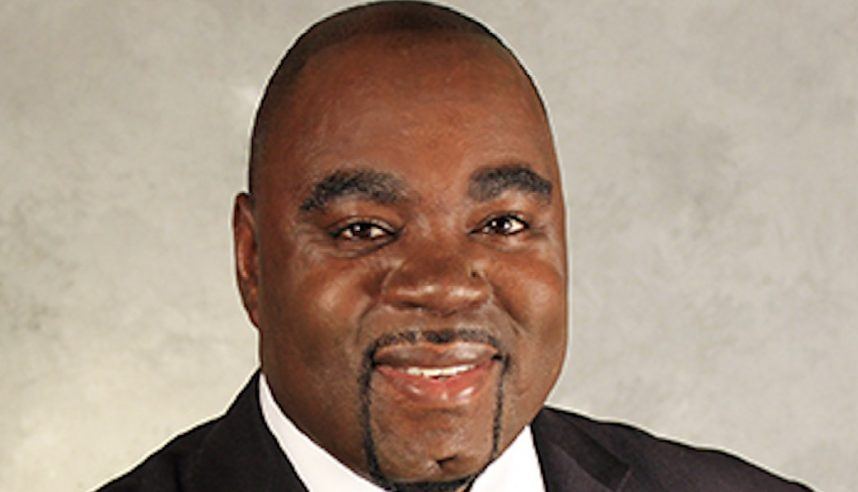World
Poetry from Daily Life: Exploring the world through a poet’s eyes, finding hidden wonders

My guest this week on Poetry from Daily Life is Georgia Heard, who lives on Singer Island in South Florida. Georgia started writing poetry when she was 10 years old, penning poems to family members giving them away as birthday presents. She loved working on her new book, “Welcome to the Wonder House,” because she wrote it with friend and fellow poet, Rebecca Kai Dotlich. She also loved working on “Boom Bellow Bleat: Animal Poems for Two Or More Voices” because she discovered amazing facts about animals and their sounds, including that the second loudest creature on Earth is the big-claw snapping shrimp, which is only the size of a pinky finger. A fun fact about Georgia is that she was a professional ice skater when she was young and put herself through college by teaching hockey players how to ice skate. ~ David L. Harrison
Hidden wonders
When they asked the poet William Stafford, “When did you become a poet?” he responded, “That’s not really the right question. The question is, when did you stop being a poet? We’re all poets when we’re young.”
Children are natural poets. They see the extraordinary in the ordinary, are filled with wonder about the world, and pay attention to the small things — just as poets do. If you’ve ever taken a long walk with a young child, you know it can take half an hour to walk one block as they stop to pick up a rock, gaze at a ladybug, or watch a worm wriggle across the sidewalk. As you meander down the street, they ask a lot of questions: Why does a ladybug have spots? How does a tree grow from a seed? Or they might lift up a leaf or an acorn and study it closely.
I remember my own sense of wonder when I was a child; I spent days exploring the creek next to my house in Virginia. This is most likely where I found poetry, although I wasn’t aware of it at the time. The creek held a secret world where I lost myself in endless exploration.
Beneath the rocks lived crayfish — these secretive creatures dwelling in the muck and the dark were a mystery to me. Hours slipped by as I gently lifted up rocks and peered beneath them, searching for the hiding crayfish. If I found one, I scooped it into a jar of water and gazed at it: its huge claws, its black beady eyes perched on delicate stalks. Sometimes it would turn to meet my stare, as if it too were curious about me and the world beyond the creek. It sometimes seemed like an extraterrestrial visitor with which I felt a shared connection.
Even after I released the crayfish back into the creek, it left a mark on my heart. The creek and those crayfish opened up the world of poetry and curiosity — they made me love those creatures, those things in the world, that lay hidden beneath the surface. At first, they might seem strange, but on closer look, bring us a kind of tenderness and love for all that is wild in the world.
I wrote a praise poem for my new children’s book, “Welcome to the Wonder House,” in gratitude to these wild creatures — especially those that frighten us and are often misunderstood, like the crayfish I spent my childhood observing. Although, this poem doesn’t mention crayfish per se, they’re there in spirit.
◆◆◆
Bristling centipede,
Blue-bubbled man-o’-war,
Spitting spittlebug.
Hail to the
hair-raising,
hideous,
weird,
and wild.
◆◆◆
If you want to write poetry, grab a notebook, go for a walk, slow down, jot down what you notice, and see the world with the wonder of a child.
Georgia Heard is the recipient of the 2023 NCTE Excellence Award in Children’s Poetry and has authored more than 20 books. She is the founder of an online platform, The Poet’s Studio, where she and invited guest speakers host writing workshops for both beginning and seasoned writers. You can learn more about Georgia by going to her website, www.GeorgiaHeard.com, and following her on Instagram and X @georgiaheard1.










